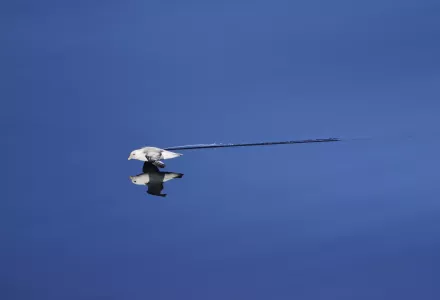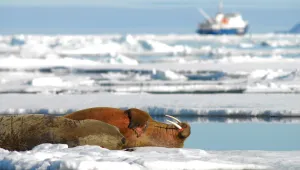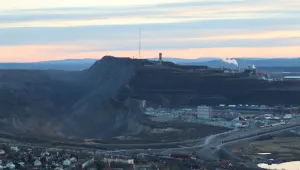Abstract
For most of this century, the Arctic has been a place of peaceful cooperation in science and environmental protection, an approach built on a foundation of multiple agreements reached in the twentieth century. The Russian invasion of Ukraine and the geopolitical reverberations of the war have disrupted or outright halted most collaboration between Western and Russian scientists and conservationists. As the world’s largest country, Russia encompasses one-half of the Arctic Ocean shoreline, almost half of the northern hemisphere’s permafrost zone, significant expanses of wildlife habitat, rich wildlife diversity, and is home to Arctic Indigenous communities whose cultures are closely tied to the health of these natural values. This article presents an overview of Russia’s unique role in securing Arctic biodiversity and offers examples of the consequences of disrupted collaboration in the Arctic. With a focus on the Bering Strait, this article suggests several options for Western institutions to explore to maintain some level of information exchange and to allow for the conservation and monitoring of Arctic species and natural systems.











